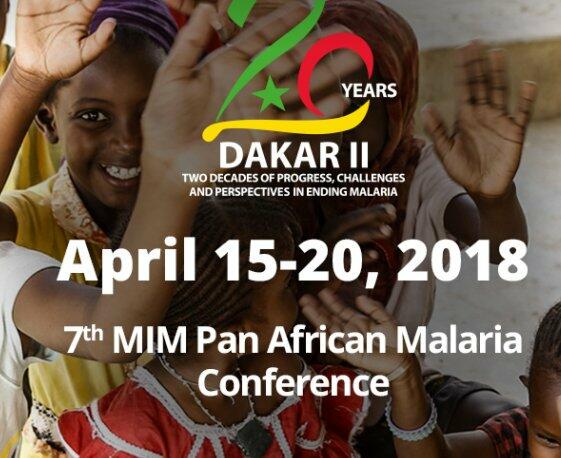
LSTM’s Professor Hilary Ranson is a plenary speaker at the 7th MIM Pan African Malaria Conference being held in Dakar, Senegal this week.
Professor Ranson will talk the current and future impact of insecticide resistance on malaria control and discuss some of the approaches to tackle this threat. She is one of a number of researchers travelling to the conference from LSTM, many of whom are scheduled to take part in discussion groups at the main conference or take part in fringe events.
The Partnership for Increasing the Impact of Vector Control (PIIVeC), coordinated by Professor Ranson, will also be meeting during the week to review the applications for the 10 postdoctoral fellowships that the programme will award as part of its initiateve to strenghen the capacity for vector control in Africa.
PIIVeC was formed in October last year following an award of £6.5 million from the RCUK’s Global Challenges Research Fund and aims to address a shortage of researchers working on new tools to control the vectors of malaria and other vector-borne diseases. “Vector-borne diseases like malaria, dengue and sleeping sickness cause massive morbidity and mortality across the developing world, perpetuating the link between poverty and poor health.” Explained Professor Ranson. “Through our work streams we will build informed country level expertise, strengthening capacity so that we can see the translational research of new tools and a joined-up approach to working with policy makers in order to influence policy, locally, nationally and globally. We are very exctited about the qualtiy fo applicants for our fellowshiop scheme and look forward to meeting with our partners in Dakar to agree on the recipients of these awards and developing a programmes of work that will have a transformative effect on vector control in our partner countries’. MIM is an ideal platform to meet with key stakeholders and dissseminate the plans for this new partnership.
The Multilateral Initiative on Malaria (MIM) was established in 1997 with a mission to strengthen and sustain through collaborative research and training, the capacity of malaria-endemic countries in Africa to carry out research that is required to develop and improve tools for malaria control and to strengthen the research-control interphase. The meeting in Dakar is the 7th Pan African Conference and takes part between 15-20 April.